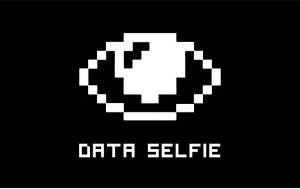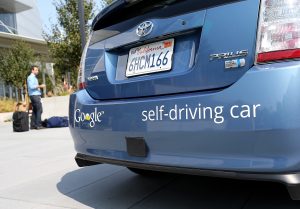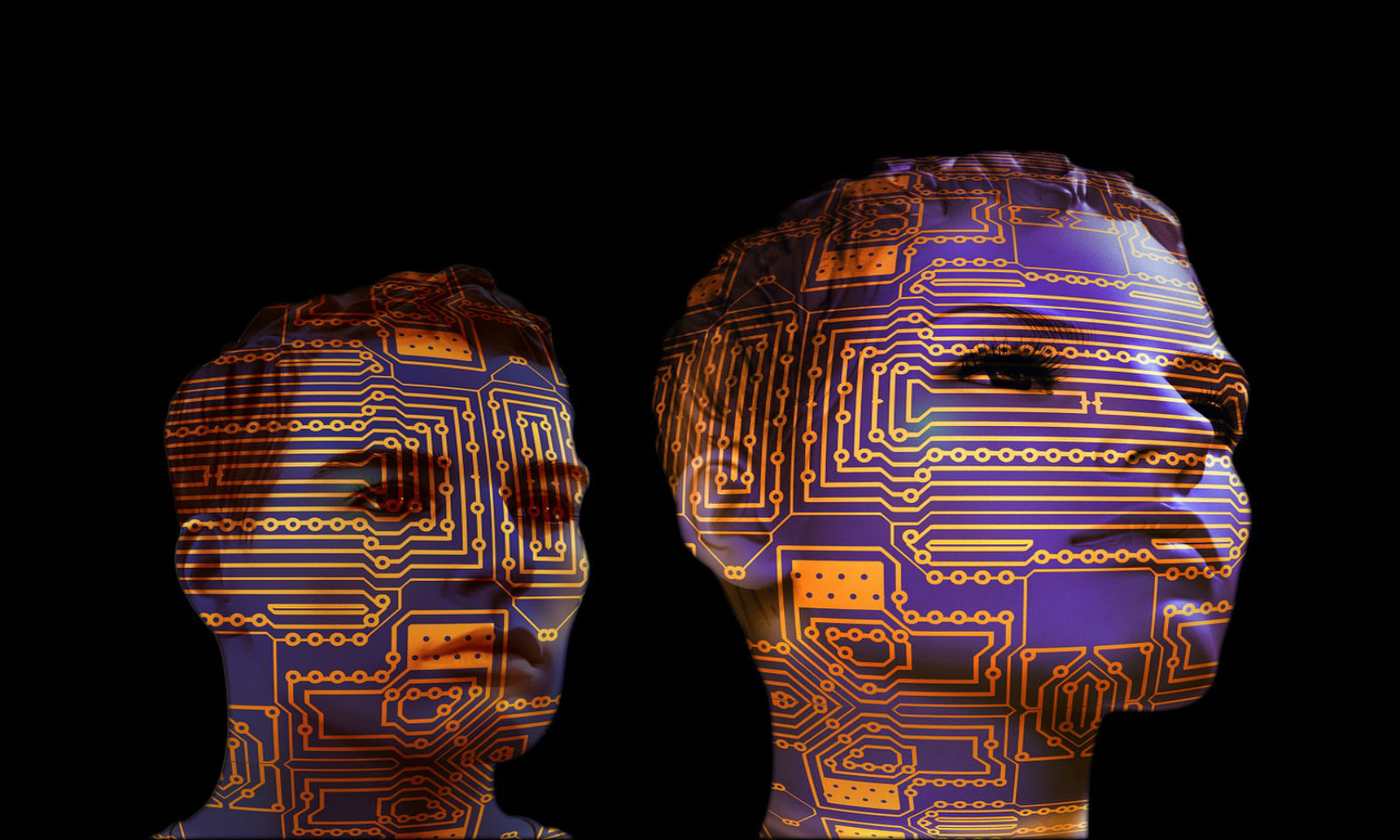Artificial intelligence is increasingly interfering in our lives. Indeed, some companies are already using artificial intelligence to automate tasks such as having a chatbot on their websites that acts as a customer advisor. However, issues related to the ethics of artificial intelligence reasoning are often not addressed, if at all. Focus on this issue.
Use of private data
Reflections on the protection of privacy must be rethought in the face of the generalization of the collection and exploitation of masses of individual data based on techniques derived from Artificial Intelligence. The machine is constantly collecting and analyzing data gathered through interactions with humans. For example, Fitbits wristbands collect sensitive data related to users’ health. This data can be used by insurance companies to promote their products with knowledge of the facts. They can also be used by employers who want to ensure that their employees are in shape. This implies that the latter will not regularly use the insurance policies paid by the company.
“Data is the new black gold. We need to find it, mine it, refine it, distribute it and monetize it.” – David Buckingham, scholar, writer and social science consultant.

The Facebook case
Have you ever wondered how Facebook collects all the data on its platform and then feeds you content that might interest you? There is an application that can answer these questions. Available for free, Data Selfie is an open source Chrome extension that helps you discover how machine learning algorithms track and process your activity on Facebook. Thanks to this data, these algorithms can build your psychological profile and draw up your social typology.
“Facebook today can’t exist without AI. Every time you use Facebook or Instagram or Messenger, you don’t realize it, but your experiences are powered by AI.” – Director of Engineering in Applied Machine Learning at Facebook.
Data Selfie essentially tracks your activity on Facebook – what you look at, how long you interact with certain posts, the types of posts you click on – and then applies language processing and machine learning algorithms from IBM Watson and the University of Cambridge to turn that data into insights. The extension also uses predictive analytics to guess things like your political affiliations, as well as purchases and nutritional preferences.

Autonomous cars
Having an autonomous car will become a reality in the medium term for those who can afford it. However, there are many questions regarding the ethics of autonomous cars. The machine reasons by dilemma. Let’s take the case where an autonomous car is heading towards a wall that it cannot avoid. Two options to consider:
- Crush a crowd of pedestrians to save your passenger?
- Or sacrifice your passenger to save as many pedestrians as possible?
Some will say that pedestrians should be saved. Others will say that the safety of the passenger should be the main consideration of Artificial Intelligence. The Massachusetts Institute of Technology (MIT) has developed a digital tool: the Moral Machine. Internet users have the possibility to evaluate concrete cases and to propose other concrete cases to solicit the participation of the community present on the platform. The Moral Machine asks the question: what would you have done as an AI in such a situation? The results vary greatly depending on the individual. Indeed, in this chaos, we realize that it is impossible to establish, for the unique case of autonomous cars, universal ethical rules.

Training tomorrow’s engineers in ethics
University programs in Artificial Intelligence must now incorporate modules related to ethics. Indeed, future engineers may be tempted to create ultra-high performance AIs, but with negative consequences on employment. On the other hand, it cannot be ruled out that some engineers develop AI solutions to establish their credibility in the industry, with little regard for the socio-economic implications. Therefore, it is necessary to start educating students on ethics. We need to have debates about the moral issues surrounding technology. Being at the beginning of a new technological era, we need to be proactive in listing best practices for the next generation of engineers.

Artificial Intelligence in Mauritius
Artificial Intelligence as it is developed in Europe and the United States is not yet part of the Mauritian culture. However, with the exponential growth of innovations, we can envisage that actors within the Mauritian economy will soon address the same issues related to the ethics of AI. To this end, it will also be necessary to count on the evolution of the legal framework surrounding the use of these technologies.



